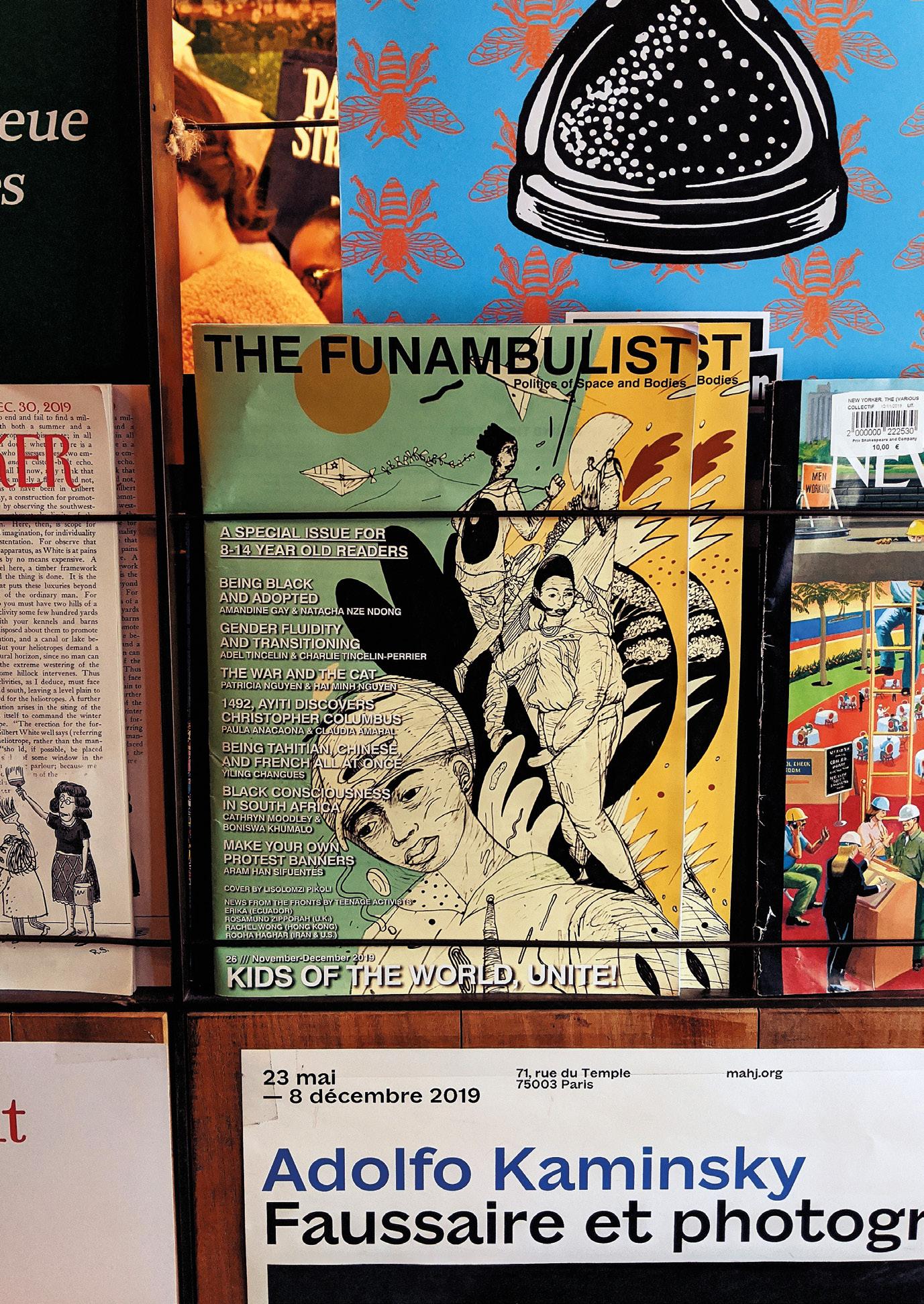The creation of the School of Design in August 2018 has created opportunities for intradisciplinary as well inter and multi-disciplinary research and other collaborations across the School, the University and the wider world. Building on the multitude of disciplines that the enthusiastic and talented staff bring to research, we are providing opportunities to grow research and enterprise, creating our mark, fashioning centres of excellence in a variety of fields encompassing the theoretical, technological, scientific and the creative. We are developing our research culture in the School, with groups including: DARE (Digital Arts Research and Enterprise), Captivate: Spatial Modelling Research Group, INTENT RG (Integrated Nature and Technology Research Group), the Advanced Urban research group, and Diversity and Inclusivity by Design. Whilst preparing for the School of Design’s submission to the Research Excellent Framework 2021 (REF 2021) it is abundantly clear that our research has the significance, originality and rigour desired and the social, environmental and economic impacts that will make the world and the lives of people better, healthier, more sustainable and even more enjoyable and happier. Our REF submission brings together an abundance of high quality 3* and 4*outputs that illustrates the rich, broad vein of research activities within the School ranging from practice-based research, to experimental scientific and theoretical studies. Our research carries us across European and continental boundaries, where we are involved in, for example, the INTERREG ‘EYES — Empowering Youth through Entrepreneurial Skills’ project. With institutions in Switzerland, Slovenia and Spain we are preparing the first undergraduate course in aquaponics (Aqua@teach). In response to the Grenfell tragedy, we are working with the University’s Fire Safety Engineering Group on living walls and how these can remain an asset to the built environment whilst most importantly to minimise the risk of fire. This year the School of Design launched an annual PhD Colloquium to encourage the dissemination of research by postgraduate students. The Advanced Urban research seminars and PhD reading group have further supported students focused on interdisciplinary urban research that intersects new materiality, media and space. We are delighted with the success of our PhD students over the last year (Dr. Chris Nunn, Dr. Mohammad Sakikhalis, Dr. Melissa Sterry, Dr. Julie Watkins and Dr. Russel Duke and the growth in our postgraduate MPhil and PhD research.
89






